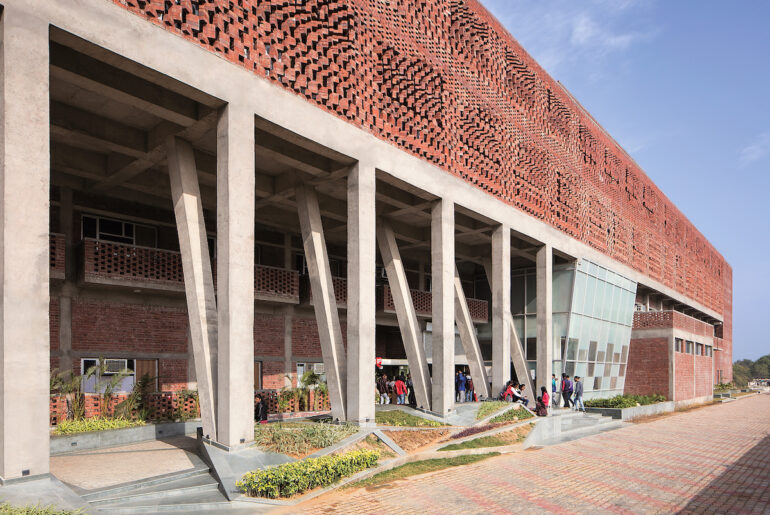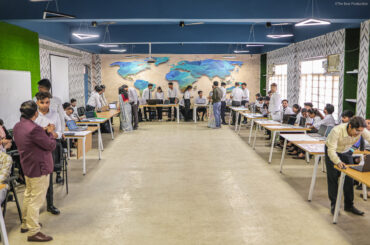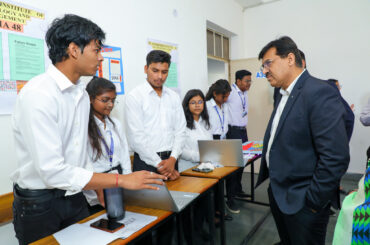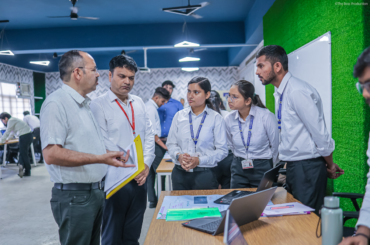CSE Subjects
The Computer Science and Engineering (CSE) curriculum encompasses a wide array of subjects designed to provide students with a robust foundation in both theoretical and practical aspects of computing.
Core CSE subjects include Data Structures and Algorithms, which focus on efficient data management and problem-solving techniques; Operating Systems, which cover the fundamentals of system software that manage hardware resources; and Database Management Systems, which delve into the organization, storage, and retrieval of data.
Additional key subjects include Computer Networks, which explore the intricacies of data communication between systems; Software Engineering, emphasizing the principles of designing and developing reliable software; and Programming Languages, which teach various coding paradigms and syntax. These CSE subjects are crucial for a comprehensive understanding of the field.
Advanced topics such as Artificial Intelligence, Machine Learning, Cyber Security, and Cloud Computing are also integral parts of the CSE curriculum, equipping students with the skills necessary to tackle contemporary technological challenges.
Electives like Internet of Things (IoT), Big Data, and Blockchain further allow students to specialize in cutting-edge areas of interest, ensuring a comprehensive and up-to-date education in CSE subjects.
Some of the most opted courses in India and St. Andrews college or different Engineering college or Management colleges are as follows:-
What is Computer Science Engineering?

Computer Science Engineering (CSE) is an academic discipline that blends the principles of computer science and electrical engineering to design, develop, and optimize computer systems.
It encompasses a wide range of topics, including algorithms, programming languages, computer hardware, software engineering, artificial intelligence, cybersecurity, and data structures.
Students in this field learn to solve complex problems by writing efficient code, designing robust software, and understanding the intricacies of computer architecture and networks. CSE subjects also involve the study of operating systems, databases, and emerging technologies such as machine learning and embedded systems.
Graduates of CSE are equipped with the skills to innovate and excel in various roles such as software developers, system analysts, data scientists, network engineers, and cybersecurity experts, contributing significantly to advancements in technology and industry.
Importance of CSE in Today’s World
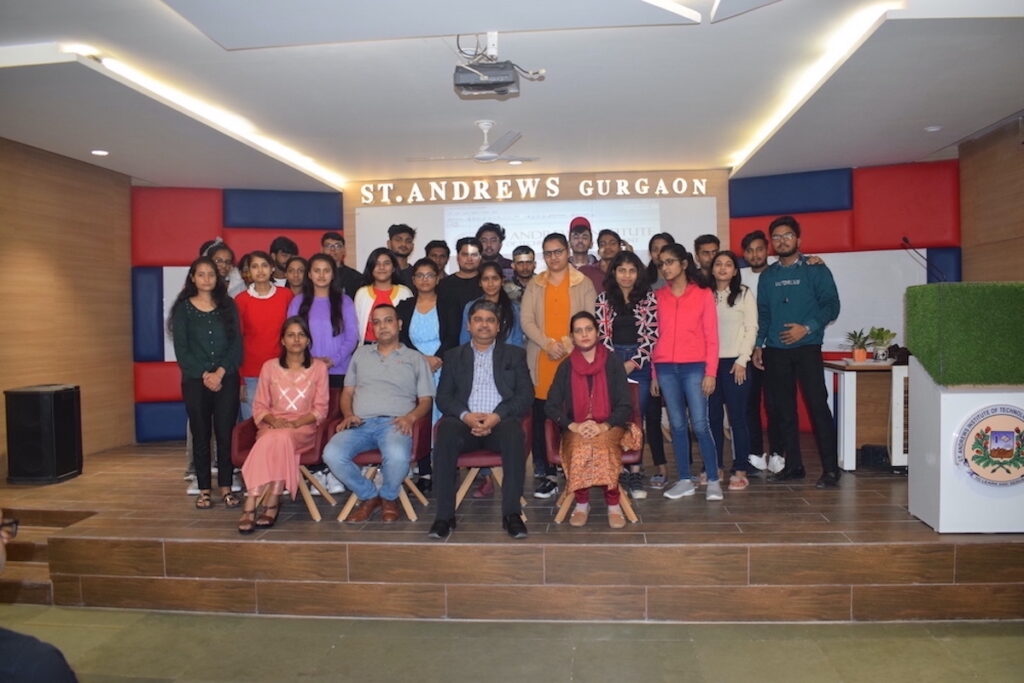
Here are the key points highlighting the importance of Computer Science and Engineering (CSE) in today’s world:
Technological Advancements
CSE drives innovation in technology, leading to advancements in artificial intelligence, machine learning, and automation.
Economic Growth
The tech industry significantly contributes to the economy by creating jobs, boosting productivity, and enabling new business models.
Healthcare Improvements
CSE has revolutionized healthcare through telemedicine, electronic health records, and advanced diagnostic tools, improving patient care and outcomes.
Education Enhancement
Online learning platforms and educational software developed through CSE make education more accessible and personalized.
Communication
Modern communication systems, including social media, video conferencing, and instant messaging, rely on advancements in CSE.
Cybersecurity
Protecting sensitive data and securing networks from cyber threats is crucial, and CSE provides the necessary tools and techniques for cybersecurity.
Automation and Efficiency
Automation of processes in various industries, such as manufacturing, logistics, and retail, increases efficiency and reduces costs.
Big Data and Analytics
CSE enables the analysis of large datasets to gain insights, make informed decisions, and predict trends in various fields.
Entertainment and Media
The gaming industry, film production, and digital media heavily depend on computer graphics, animation, and software development.
Environmental Sustainability
CSE contributes to environmental sustainability through smart grids, efficient resource management, and environmental monitoring systems.
Smart Cities
Development of smart cities relies on CSE for integrating technology in infrastructure, transportation, and public services for improved urban living.
Research and Development
CSE is essential in scientific research, facilitating simulations, data analysis, and modeling in fields such as physics, chemistry, and biology.
E-commerce
Online shopping platforms, digital payment systems, and logistics management in e-commerce are powered by CSE innovations.
Global Connectivity
The internet and networking technologies connect people globally, enabling the sharing of information and collaboration across borders.
Artificial Intelligence and Robotics
AI and robotics, powered by CSE, are transforming industries by performing complex tasks, enhancing productivity, and creating new opportunities.
Space Exploration
Advanced computing systems and algorithms are crucial for space missions, satellite communications, and astronomical research.
Highlights of B Tech in Computer Science Engineering
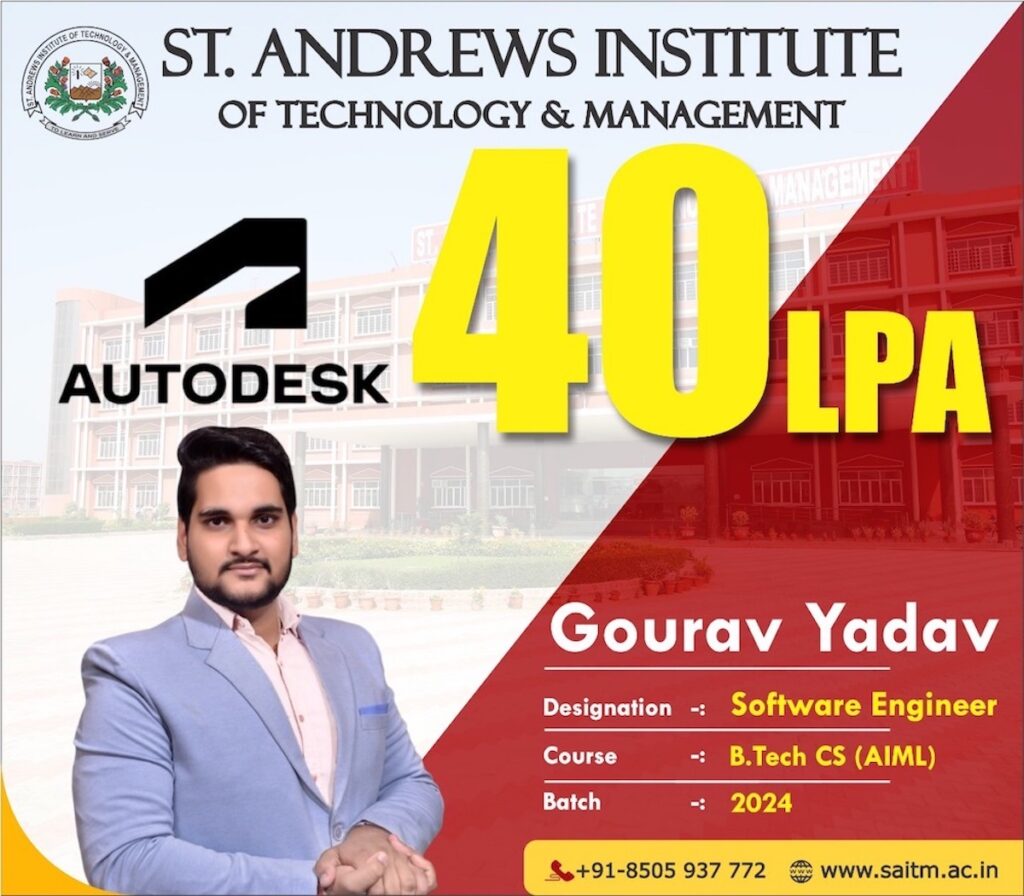
Here are the highlights of a B.Tech in Computer Science Engineering (CSE):
Course Overview:
- Degree: Bachelor of Technology (B.Tech)
- Duration: 4 years
- Eligibility: 10+2 with Physics, Chemistry, and Mathematics
- Admission Process: Entrance exams (like JEE Main, JEE Advanced, state-level exams, and university-specific exams)
Key Features:
Core Subjects:
- Programming Languages (C, C++, Java, Python)
- Data Structures and Algorithms
- Database Management Systems
- Operating Systems
- Computer Networks
- Software Engineering
- Web Technologies
- Artificial Intelligence and Machine Learning
Specializations:
- Artificial Intelligence
- Machine Learning
- Data Science
- Cyber Security
- Cloud Computing
- Internet of Things (IoT)
- Blockchain Technology
Skills Developed:
- Problem-solving and analytical skills
- Proficiency in programming and software development
- Understanding of computer hardware and software systems
- Ability to design and implement efficient algorithms
- Knowledge of network security and data protection
Practical Exposure:
- Lab sessions and practicals
- Industry internships
- Live projects and capstone projects
- Workshops and seminars
Career Opportunities:
- Software Developer
- System Analyst
- Data Scientist
- Network Engineer
- Database Administrator
- IT Consultant
- Cyber Security Analyst
Higher Education:
- M.Tech in Computer Science Engineering
- MBA in Information Technology
- Specialized certifications in emerging technologies
Top Recruiters:
- Microsoft
- Amazon
- IBM
- Infosys
- TCS
- Wipro
- Accenture
Advantages:
- High Demand: Constant demand for skilled CSE graduates in the technology sector.
- Versatile Career Paths: Opportunities in various domains like software development, data analysis, network security, and more.
- Lucrative Salaries: Competitive starting salaries with significant growth potential.
- Innovation and Research: Involvement in cutting-edge technology and research projects.
Challenges:
- Rapid Technological Advancements: Need for continuous learning and upskilling.
- High Competition: Competitive field with a large number of graduates.
- Work Pressure: Fast-paced and often high-pressure work environments.
Eligibility Criteria for B Tech CSE
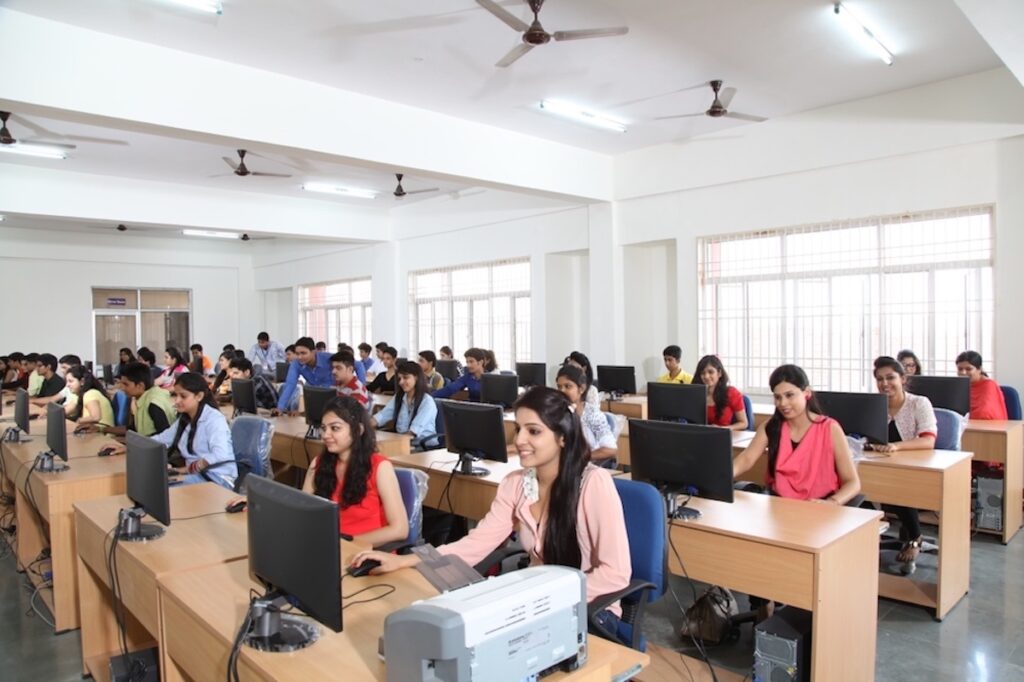
The eligibility criteria for a B.Tech in Computer Science Engineering (CSE) typically include the following:
Educational Qualifications:
- Class 12th (10+2) or Equivalent:
- Must have completed 10+2 or equivalent examination from a recognized board.
- Must have studied Physics, Chemistry, and Mathematics as core subjects.
- Minimum Marks Requirement:
- Candidates must have secured a minimum aggregate percentage in 10+2, usually ranging from 50% to 75%, depending on the institution.
- Some institutions may also require a minimum score in individual subjects like Mathematics.
Entrance Examinations:
- National Level Exams:
- JEE Main: Joint Entrance Examination Main, conducted by NTA.
- JEE Advanced: For admission to IITs, conducted by IITs.
- State Level Exams:
- MHT CET: Maharashtra Common Entrance Test
- KCET: Karnataka Common Entrance Test
- WBJEE: West Bengal Joint Entrance Examination
- AP EAMCET: Andhra Pradesh Engineering, Agriculture and Medical Common Entrance Test
- TS EAMCET: Telangana State Engineering, Agriculture and Medical Common Entrance Test
- University/Institute Specific Exams:
- BITSAT: Birla Institute of Technology and Science Admission Test
- VITEEE: Vellore Institute of Technology Engineering Entrance Examination
- SRMJEEE: SRM Joint Engineering Entrance Exam
- COMEDK UGET: Consortium of Medical, Engineering and Dental Colleges of Karnataka Under Graduate Entrance Test
- IPU CET: Indraprastha University Common Entrance Test
Age Limit:
- General Category: Usually, candidates should be at least 17 years of age at the time of admission. Some institutes may have an upper age limit, generally around 25 years.
- Reserved Categories: Age relaxation may be provided for candidates from reserved categories (SC/ST/OBC/PwD).
Other Requirements:
- Nationality: Candidates must be Indian citizens. Some institutions also admit foreign nationals, NRIs, PIOs, and OCIs based on specific eligibility criteria.
- Domicile Requirements: For state-level entrance exams, candidates might need to meet the domicile requirements of the respective states.
Additional Criteria:
- Lateral Entry: Diploma holders in relevant engineering fields may be eligible for lateral entry into the second year of B.Tech programs, subject to entrance exams and specific criteria set by the institution.
Top Entrance Exams for B Tech CSE
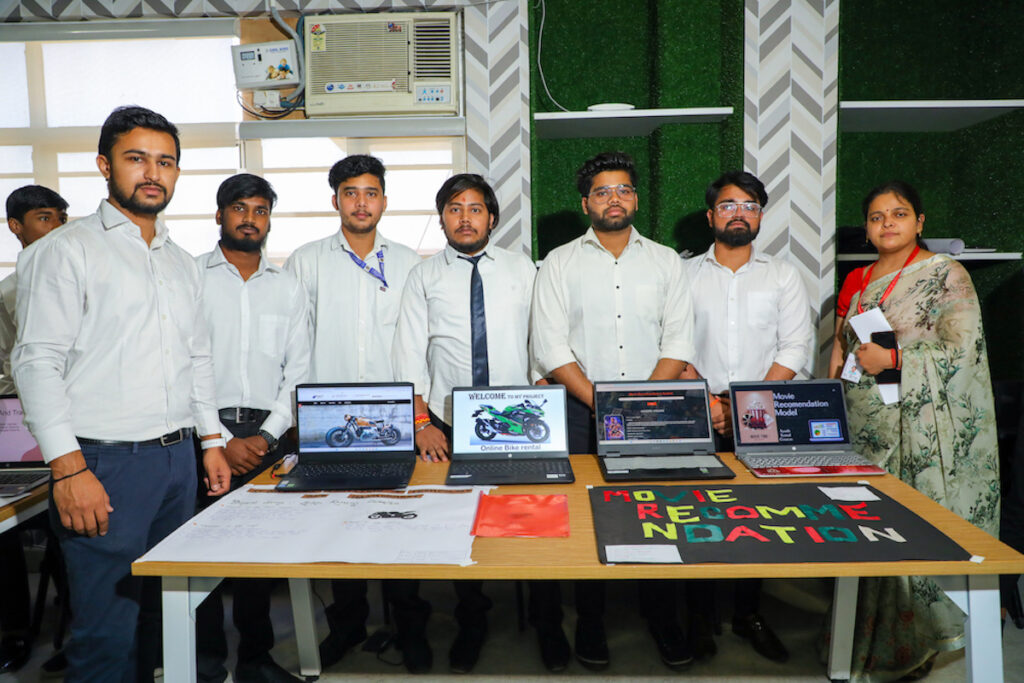
Here are some of the top entrance exams for pursuing a B.Tech in Computer Science Engineering (CSE) in India:
National Level Entrance Exams:
JEE Main (Joint Entrance Examination Main):
- Conducted by: National Testing Agency (NTA)
- Purpose: Admission to NITs, IIITs, and other centrally funded technical institutions.
- Eligibility: 10+2 with Physics, Chemistry, and Mathematics.
JEE Advanced (Joint Entrance Examination Advanced):
- Conducted by: IITs
- Purpose: Admission to IITs.
- Eligibility: Top rank holders in JEE Main.
State Level Entrance Exams:
MHT CET (Maharashtra Common Entrance Test):
- Conducted by: State Common Entrance Test Cell, Maharashtra.
- Purpose: Admission to engineering colleges in Maharashtra.
KCET (Karnataka Common Entrance Test):
- Conducted by: Karnataka Examinations Authority (KEA).
- Purpose: Admission to engineering colleges in Karnataka.
WBJEE (West Bengal Joint Entrance Examination):
- Conducted by: West Bengal Joint Entrance Examinations Board.
- Purpose: Admission to engineering colleges in West Bengal.
AP EAMCET (Andhra Pradesh Engineering, Agriculture and Medical Common Entrance Test):
- Conducted by: Jawaharlal Nehru Technological University, Kakinada.
- Purpose: Admission to engineering colleges in Andhra Pradesh.
TS EAMCET (Telangana State Engineering, Agriculture and Medical Common Entrance Test):
- Conducted by: Jawaharlal Nehru Technological University, Hyderabad.
- Purpose: Admission to engineering colleges in Telangana.
University/Institute Specific Entrance Exams:
BITSAT (Birla Institute of Technology and Science Admission Test):
- Conducted by: BITS Pilani.
- Purpose: Admission to BITS Pilani campuses (Pilani, Goa, Hyderabad).
VITEEE (Vellore Institute of Technology Engineering Entrance Examination):
- Conducted by: VIT University.
- Purpose: Admission to VIT campuses (Vellore, Chennai, Bhopal, Amravati).
COMEDK UGET (Consortium of Medical, Engineering and Dental Colleges of Karnataka Under Graduate Entrance Test):
- Conducted by: COMEDK.
- Purpose: Admission to engineering colleges under the COMEDK consortium.
IPU CET (Indraprastha University Common Entrance Test):
- Conducted by: Guru Gobind Singh Indraprastha University (GGSIPU).
- Purpose: Admission to engineering colleges affiliated with IP University, Delhi.
Computer Science Engineering Curriculum
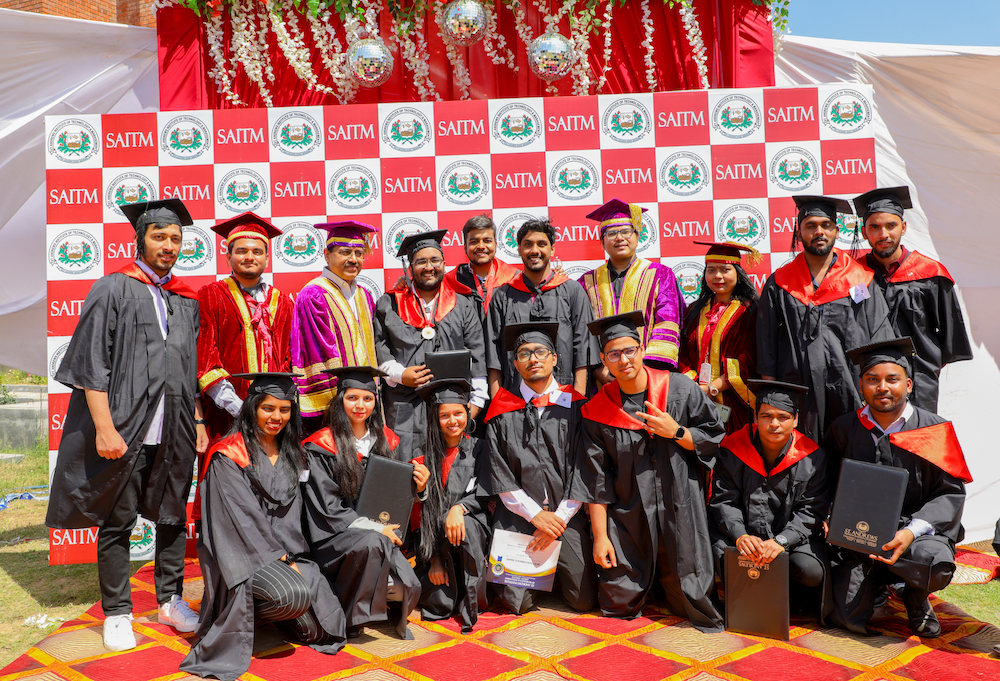
Core Subjects
Here’s a detailed list of core CSE subjects typically found in a Computer Science Engineering syllabus, along with brief descriptions:
Introduction to Programming
Basics of computer programming languages, problem-solving techniques, algorithms, and flowcharts. Focus on structured programming concepts using languages like C or Python.
Data Structures
Study of various data structures (arrays, linked lists, stacks, queues, trees, graphs) and their algorithms. Emphasis on storage, retrieval, and manipulation of data.
Digital Logic Design
Fundamentals of digital circuits, Boolean algebra, combinational and sequential logic, design and simplification of digital circuits, and use of logic gates.
Computer Organization and Architecture
Internal structure of computers, CPU, memory hierarchy, input/output mechanisms, instruction sets, and assembly language programming.
Discrete Mathematics
Mathematical foundations of computer science including logic, set theory, combinatorics, graph theory, and algorithms.
Operating Systems
Principles of operating systems, process management, memory management, file systems, concurrency, and security.
Database Management Systems
Concepts of database systems, data models, relational databases, SQL, normalization, transaction management, and database design.
Computer Networks
Fundamentals of networking, OSI and TCP/IP models, network topologies, protocols, IP addressing, routing, and network security.
Software Engineering:
Software development life cycle, methodologies (Agile, Waterfall), requirement analysis, design, testing, maintenance, and project management.
Theory of Computation
Study of automata theory, formal languages, Turing machines, computability, and complexity theory.
Algorithms
Design and analysis of algorithms, complexity analysis, sorting, searching, dynamic programming, and greedy algorithms.
Microprocessors and Microcontrollers
Architecture, programming, and interfacing of microprocessors and microcontrollers, with practical applications.
Compiler Design
Theory and practice of compiler design, lexical analysis, syntax analysis, semantic analysis, code optimization, and code generation.
Artificial Intelligence
Introduction to AI concepts, machine learning, natural language processing, robotics, expert systems, and neural networks.
Computer Graphics
Principles of computer graphics, rendering techniques, 2D and 3D transformations, viewing, and animation.
Object-Oriented Programming
Concepts of object-oriented programming using languages like Java or C++, encapsulation, inheritance, polymorphism, and design patterns.
Web Technologies
Basics of web development, HTML, CSS, JavaScript, web frameworks, server-side scripting, and database connectivity.
Human-Computer Interaction
Study of user interfaces, user experience design, usability principles, and human factors in computing.
Distributed Systems
Principles of distributed computing, distributed databases, concurrency control, fault tolerance, and distributed algorithms.
Cyber Security:
Introduction to cybersecurity principles, cryptography, network security, risk management, ethical hacking, and security protocols.
Elective Subjects
Here’s a list of elective subjects commonly offered in a Computer Science Engineering (CSE) curriculum, along with brief descriptions. These CSE subjects provide students with opportunities to explore specialized areas within the field.
Cloud Computing:
Introduction to cloud computing, virtualization, cloud service models (IaaS, PaaS, SaaS), cloud storage, cloud security, and applications of cloud computing.
Big Data Analytics
Concepts of big data, data mining, Hadoop, MapReduce, NoSQL databases, data analytics tools, and applications in various industries.
Machine Learning
Fundamental principles of machine learning, supervised and unsupervised learning, neural networks, decision trees, support vector machines, and reinforcement learning.
Internet of Things (IoT):
Overview of IoT architecture, sensors, actuators, communication protocols, IoT platforms, data processing, and security issues in IoT.
Blockchain Technology:
Fundamentals of blockchain, cryptographic principles, consensus algorithms, smart contracts, blockchain applications, and cryptocurrency.
Augmented Reality and Virtual Reality (AR/VR)
Principles of AR and VR, hardware and software for AR/VR, application development, user experience design, and industry applications.
Natural Language Processing [NLP]
Introduction to NLP, text processing, language modeling, machine translation, sentiment analysis, speech recognition, and applications in AI.
Quantum Computing:
Basics of quantum mechanics, quantum algorithms, quantum gates, quantum entanglement, and potential applications of quantum computing.
Cyber-Physical Systems
Integration of computing and physical processes, real-time computing, sensor networks, embedded systems, and control systems.
Advanced Computer Architecture
Study of advanced topics in computer architecture, parallel computing, multicore processors, GPU architecture, and high-performance computing.
Robotics:
Fundamentals of robotics, kinematics, dynamics, robot programming, control systems, and applications in automation and manufacturing.
Information Retrieval
Techniques for retrieving information from large datasets, search engines, indexing, ranking algorithms, and text mining.
Mobile Application Development
Development of mobile applications for platforms like Android and iOS, user interface design, mobile databases, and security considerations.
Human-Computer Interaction {HCI}
Advanced topics in HCI, user-centered design, usability testing, interaction techniques, and designing for diverse user populations.
Bioinformatics
Application of computer science to biological data, sequence alignment, gene prediction, protein structure prediction, and computational biology tools.
Digital Image Processing
Techniques for processing digital images, image enhancement, segmentation, compression, and applications in medical imaging and computer vision.
Embedded Systems:
Design and development of embedded systems, microcontroller programming, real-time operating systems, and applications in consumer electronics and automotive industries.
Advanced Database Management Systems
Study of advanced database topics, distributed databases, data warehousing, data mining, and database administration.
Game Development
Principles of game design, game engines, graphics programming, animation, and development of interactive games for various platforms.
Ethical Hacking and Network Security
Techniques of ethical hacking, penetration testing, network vulnerabilities, security tools, and legal aspects of cybersecurity.
Software Project Management
Principles of project management, software development life cycle, project planning, risk management, quality assurance, and team management.
Wireless Communication
Study of wireless communication systems, signal propagation, modulation techniques, wireless networking protocols, and applications in mobile and satellite communications.
Multimedia Systems
Concepts of multimedia, audio and video compression, multimedia networking, content delivery, and applications in entertainment and education.
Advanced Algorithms
Study of advanced algorithmic techniques, graph algorithms, approximation algorithms, randomized algorithms, and their applications.
Specializations in Computer Science Engineering

Computer Science Engineering (CSE) offers a wide range of specializations, allowing students to focus on specific areas of interest within the field.
Here are some popular specializations in CSE:
Artificial Intelligence (AI) and Machine Learning (ML)
- Focus on developing algorithms and systems that can learn and make decisions.
- Applications in robotics, autonomous systems, data analysis, and more.
Data Science and Big Data Analytics
- Emphasis on extracting insights from large datasets using statistical and computational techniques.
- Key skills include data mining, data visualization, and database management.
Cyber Security:-
- Involves protecting systems, networks, and data from cyber threats.
- Topics include cryptography, network security, ethical hacking, and digital forensics.
Software Engineering,
- Focus on designing, developing, and maintaining software applications.
- Key areas include software development methodologies, software architecture, and project management.
Internet of Things (IoT);
- Study of interconnected devices and systems that communicate over the internet.
- Applications in smart homes, wearable technology, and industrial automation.
Cloud Computing,
- Focus on delivering computing services over the internet, including storage, processing, and software.
- Key concepts include virtualization, distributed systems, and cloud architecture.
Blockchain Technology;
- Study of decentralized and secure digital ledgers used in cryptocurrencies and other applications.
- Topics include cryptographic hash functions, consensus algorithms, and smart contracts.
Computer Networks
- Involves the design and management of networks that facilitate data communication.
- Key areas include network protocols, wireless networks, and network security.
Human-Computer Interaction (HCI)
- Focus on improving the interaction between users and computers.
- Includes usability testing, user interface design, and accessibility.
Embedded Systems
- Study of computer systems embedded within larger electronic devices.
- Applications include automotive systems, medical devices, and consumer electronics.
Robotics,
- Involves designing and programming robots to perform tasks autonomously or semi-autonomously.
- Key areas include mechanical design, control systems, and AI.
Augmented Reality (AR) and Virtual Reality (VR)
- Focus on creating immersive digital experiences that augment or simulate real-world environments.
- Applications in gaming, education, training, and healthcare.
Bioinformatics:
- Combines computer science with biology to analyze and interpret biological data.
- Applications in genomics, drug discovery, and personalized medicine.
Quantum Computing:-
- Study of computational systems based on quantum mechanics principles.
- Promises to solve problems that are intractable for classical computers.
Natural Language Processing {NLP}
- Focus on enabling computers to understand, interpret, and generate human language.
- Applications in chatbots, language translation, and sentiment analysis.
Syllabus for Computer Science Engineering
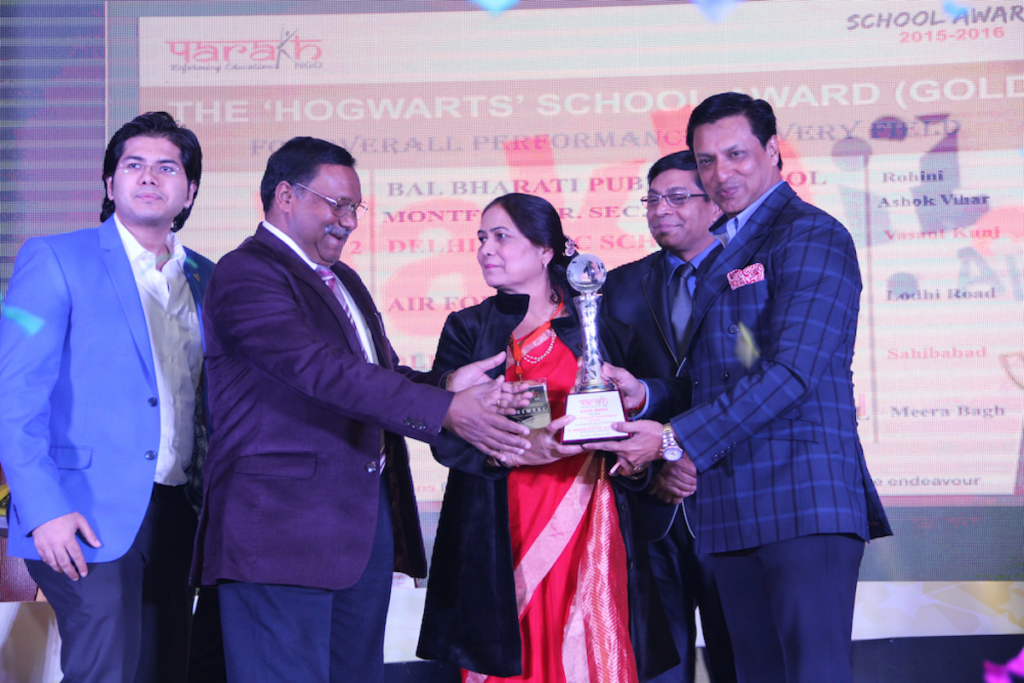
Year-Wise Syllabus
First Year
1. Mathematics I & II: Fundamental concepts in calculus, linear algebra, differential equations, and probability that are essential for engineering.
2. Physics: Covers classical mechanics, electromagnetism, optics, and thermodynamics.
3. Chemistry: Basic principles of physical, organic, and inorganic chemistry relevant to engineering applications.
4. Introduction to Programming: Basic programming concepts using languages such as C or Python, covering variables, control structures, data structures, and algorithms.
5. Engineering Drawing: Principles of engineering graphics, orthographic projection, isometric projection, and computer-aided design (CAD).
6. Electrical Engineering Basics: Fundamental principles of electrical circuits, network theorems, and basic electronic devices.
7. Environmental Studies: Understanding environmental issues, sustainable development, and the impact of engineering solutions on the environment.
8. Communication Skills: Development of verbal and written communication skills, technical writing, and presentation techniques.
Second Year
1. Data Structures: Detailed study of data structures such as arrays, linked lists, stacks, queues, trees, and graphs, along with their applications and implementations.
2. Digital Logic Design: Concepts of digital systems, Boolean algebra, logic gates, combinational and sequential circuits.
3. Computer Organization and Architecture: Understanding the structure and functioning of computer systems, instruction sets, memory hierarchy, and I/O systems.
4. Object-Oriented Programming: Advanced programming concepts using object-oriented languages like Java or C++, including classes, objects, inheritance, polymorphism, and exception handling.
5. Discrete Mathematics: Study of mathematical structures that are fundamentally discrete rather than continuous, including graph theory, combinatorics, and logic.
6. Operating Systems: Principles of operating systems, process management, memory management, file systems, and security.
7. Software Engineering: Introduction to software development methodologies, software life cycle, project management, and software testing.
Third Year
1. Database Management Systems: Concepts of database systems, SQL, database design, normalization, and transactions.
2. Computer Networks: Fundamentals of computer networking, OSI model, TCP/IP protocols, network security, and wireless networks.
3. Theory of Computation: Study of formal languages, automata theory, computability, and complexity.
4. Algorithms: Design and analysis of algorithms, including sorting, searching, graph algorithms, and dynamic programming.
5. Web Technologies: Development of web applications, HTML, CSS, JavaScript, server-side scripting, and database connectivity.
6. Compiler Design: Principles of compiler construction, lexical analysis, parsing, semantic analysis, optimization, and code generation.
7. Electives: Specialized subjects such as Artificial Intelligence, Machine Learning, Data Science, Cloud Computing, etc.
Fourth Year
1. Artificial Intelligence: Basic concepts of AI, machine learning algorithms, natural language processing, and neural networks.
2. Machine Learning: Supervised and unsupervised learning, regression, classification, clustering, and reinforcement learning.
3. Distributed Systems: Concepts of distributed computing, communication protocols, distributed databases, and cloud computing.
4. Cyber Security: Fundamentals of cybersecurity, cryptography, network security, and information assurance.
5. Major Project: Implementation of a comprehensive project integrating knowledge from various subjects, often involving software or hardware development.
6. Electives: Advanced topics such as Big Data, IoT, Blockchain, Bioinformatics, etc.
7. Internship/Industrial Training: Practical exposure through internships or industrial training to apply theoretical knowledge in real-world scenarios.
Semester-Wise Syllabus
Semester 1:
- Mathematics-I: Fundamental concepts of calculus, linear algebra, and differential equations.
- Physics-I: Basics of mechanics, waves, thermodynamics, and electromagnetism.
- Chemistry: Principles of inorganic, organic, and physical chemistry.
- Engineering Mechanics: Statics, dynamics, and the mechanics of materials.
- Introduction to Programming: Basics of programming, typically in C/C++.
- English Communication: Development of communication skills, technical writing, and presentations.
Semester 2:
- Mathematics-II: Advanced calculus, Laplace transforms, and vector calculus.
- Physics-II: Continuation of Physics-I with topics like optics, quantum mechanics, and semiconductor physics.
- Data Structures: Study of data structures like arrays, linked lists, stacks, queues, trees, and graphs.
- Basic Electrical Engineering: Introduction to electrical circuits, DC/AC fundamentals, and electrical machines.
- Digital Logic Design: Binary systems, logic gates, combinational and sequential circuits.
- Environmental Science: Concepts of ecology, environment, and sustainable development.
Semester 3:
- Mathematics-III: Probability, statistics, and complex analysis.
- Discrete Mathematics: Set theory, combinatorics, graph theory, and Boolean algebra.
- Computer Organization and Architecture: Structure and functioning of computer hardware and systems.
- Object-Oriented Programming: Principles of OOP using languages like Java or Python.
- Operating Systems: Concepts of OS design, process management, memory management, and file systems.
- Database Management Systems: Database design, SQL, normalization, and transaction management.
Semester 4:
- Design and Analysis of Algorithms: Algorithm design techniques and complexity analysis.
- Microprocessors and Microcontrollers: Architecture, programming, and interfacing of microprocessors.
- Software Engineering: Software development lifecycle, methodologies, and project management.
- Computer Networks: Network topologies, protocols, OSI model, and network security.
- Theory of Computation: Automata theory, formal languages, and computational complexity.
- Elective-I: Specialized elective such as Web Technology, Data Mining, etc.
Semester 5:
- Compiler Design: Lexical analysis, syntax analysis, semantic analysis, and code generation.
- Artificial Intelligence: Fundamentals of AI, machine learning algorithms, and neural networks.
- Computer Graphics: Graphics hardware, algorithms for rendering, and 3D modeling.
- Internet of Things (IoT): IoT architecture, communication protocols, and applications.
- Elective-II: Specialized elective such as Cloud Computing, Cyber Security, etc.
- Project-I: Initial phase of a capstone project involving literature review and problem formulation.
Semester 6:
- Machine Learning: Advanced topics in machine learning, neural networks, and deep learning.
- Big Data Analytics: Techniques for handling, processing, and analyzing large datasets.
- Human-Computer Interaction: Principles of designing interactive systems and user interfaces.
- Software Testing and Quality Assurance: Testing methodologies, quality assurance, and validation.
- Elective-III: Specialized elective such as Blockchain Technology, Natural Language Processing, etc.
- Project-II: Continuation of the capstone project focusing on implementation and testing.
Semester 7:
- Distributed Systems: Design and management of distributed systems, cloud computing, and parallel computing.
- Cyber Security: Concepts of network security, cryptography, and ethical hacking.
- Data Science: Data analysis, statistical modeling, and visualization techniques.
- Elective-IV: Specialized elective such as Robotics, Augmented Reality, etc.
- Industrial Training/Internship: Practical industry experience and project work.
- Project-III: Final phase of the capstone project including deployment and presentation.
Semester 8:
- Advanced Topics in Computer Science: Latest trends and research areas in computer science.
- Professional Ethics and Entrepreneurship: Ethics in engineering, entrepreneurship, and business planning.
- Elective-V: Specialized elective such as Quantum Computing, Game Development, etc.
- Comprehensive Viva-Voce: Oral examination covering the entire curriculum.
- Project-IV: Final project submission, presentation, and evaluation.
Top Colleges for Computer Science Engineering
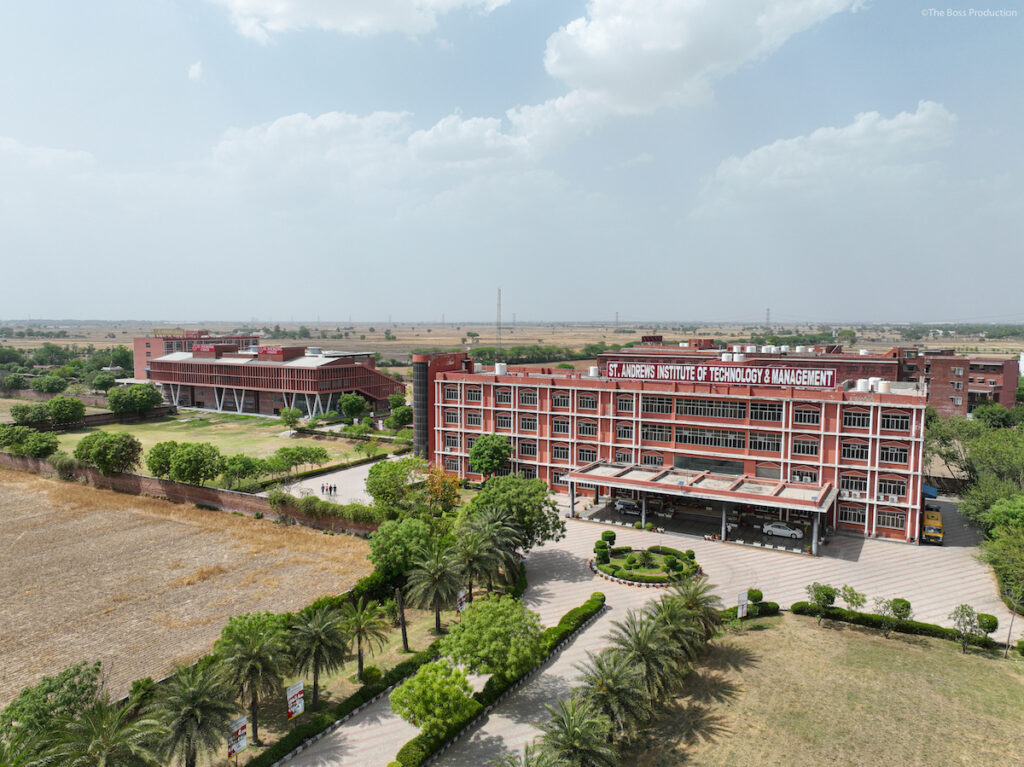
Top Government Colleges for CSE
Here are some of the top government colleges in India for Computer Science Engineering (CSE):
Indian Institute of Technology (IITs)
- Accreditation: Institute of National Importance
- Course Fees: Approximately ₹2.1 lakhs per annum
National Institute of Technology (NITs)
- Accreditation: Institute of National Importance
- Course Fees: Approximately ₹1.5 lakhs per annum
Indian Institute of Information Technology (IIITs)
- Accreditation: Institute of National Importance
- Course Fees: Approximately ₹1.8 – 3.0 lakhs per annum
Delhi Technological University (DTU)
- Location: New Delhi, Delhi
- Accreditation: NAAC ‘A’ Grade
- Course Fees: Approximately ₹1.9 lakhs per annum
- Highlights:
- Historically known for its engineering excellence.
- Strong emphasis on practical and project-based learning.
- Good placement records with diverse recruiting companies.
- Various student-led technical clubs and activities.
St. Andrews Institute of Technology and Management [SAITM]
- Location: Gurgaon, Haryana
- Course Fees: Approximately ₹1.5 lakhs per annum
- Highlights:
- Renowned for its robust engineering programs
- Excellent research facilities and industry collaborations
- Top recruiters with High placement rates
- Active student community with numerous technical and cultural events
National Institute of Technology (NIT) Rourkela
- Location: Rourkela, Odisha
- Accreditation: Institute of National Importance
- Course Fees: Approximately ₹1.5 lakhs per annum
- Highlights:
- Known for its strong engineering programs.
- Good research facilities and industry collaborations.
- High placement rates with top recruiters.
- Active student community with numerous technical and cultural events.
Top Private Colleges for CSE
Here are some of the top private colleges in India for Computer Science Engineering courses:
Birla Institute of Technology and Science (BITS) Pilani
- Location: Pilani, Rajasthan (Additional campuses in Goa and Hyderabad)
- Highlights: Renowned for its rigorous curriculum and strong industry ties. Excellent placement record with top IT companies.
International Institute of Information Technology (IIIT) Hyderabad
- Location: Hyderabad, Telangana
- Highlights: Focuses on cutting-edge research in IT and computer science. Strong industry collaborations and high placement rates.
Vellore Institute of Technology (VIT)
- Location: Vellore, Tamil Nadu (Additional campuses in Chennai, Bhopal, and Amaravati)
- Highlights: Known for its comprehensive academic programs, modern infrastructure, and good placement opportunities in IT and software sectors.
St. Andrews Institute of Technology and Management (SAITM)
- Location: Gurgaon, Haryana
- Highlights: Modern facilities, strong industry partnerships, and a diverse student community. Good placement opportunities in IT and software sectors.
PSG College of Technology
- Location: Coimbatore, Tamil Nadu
- Highlights: Known for its strong engineering programs and excellent placement track record. Offers comprehensive academic and research opportunities in CSE.
Thapar Institute of Engineering and Technology
- Location: Patiala, Punjab
- Highlights: Offers a blend of academic rigor and industry exposure. Strong focus on research and innovation with good placement opportunities.
Career Scope and Job Profiles After BTech in Computer Science Engineering
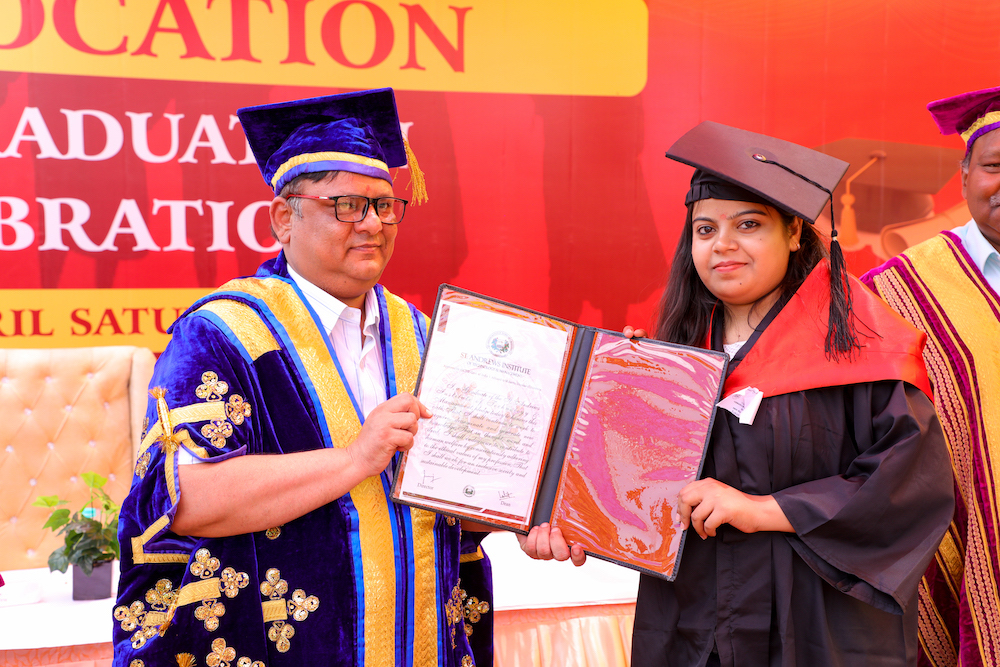
After completing a BTech in Computer Science Engineering (CSE), there are numerous career opportunities and job profiles available across various industries.
Here are some key career paths and job profiles you can explore:
Software Engineer/Developer
- Job Description: Design, develop, test, and maintain software applications and systems.
- Skills Needed: Programming languages (such as Java, Python, C++, etc.), problem-solving skills, understanding of algorithms and data structures.
Web Developer
- Job Description: Develop and maintain websites and web applications.
- Skills Needed: Proficiency in web development languages (HTML, CSS, JavaScript, etc.), knowledge of frameworks (like React, Angular, etc.), understanding of UX/UI principles.
Database Administrator (DBA)
- Job Description: Manage and maintain databases to ensure security, availability, and performance.
- Skills Needed: Knowledge of database management systems (e.g., MySQL, Oracle, MongoDB), SQL querying, data modeling.
Systems Analyst
- Job Description: Analyze and design information systems to meet business needs.
- Skills Needed: Understanding of business processes, problem-solving abilities, knowledge of software development lifecycle.
Network Engineer
- Job Description: Design, implement, and manage computer networks within an organization.
- Skills Needed: Networking protocols (TCP/IP, DNS, DHCP), network security, troubleshooting skills.
Cyber Security Analyst
- Job Description: Protect computer systems and networks from cyber threats, conduct security assessments and audits.
- Skills Needed: Knowledge of security principles, tools (firewalls, SIEM, etc.), ethical hacking skills.
Data Scientist
- Job Description: Analyze complex datasets to extract insights and inform business decisions.
- Skills Needed: Proficiency in programming (Python, R), data analysis and visualization tools (like TensorFlow, Tableau), understanding of statistical methods and machine learning algorithms.
IT Project Manager
- Job Description: Plan, coordinate, and oversee IT projects from initiation to completion.
- Skills Needed: Project management methodologies (Agile, Scrum), leadership and communication skills, budgeting and resource management.
Software Quality Assurance (QA) Engineer
- Job Description: Ensure the quality of software products through testing and quality assurance processes.
- Skills Needed: Testing methodologies (manual and automated), debugging skills, knowledge of testing tools.
Machine Learning Engineer
- Job Description: Develop machine learning models and systems, implement algorithms for predictive analysis.
- Skills Needed: Knowledge of machine learning frameworks (TensorFlow, PyTorch), programming skills (Python, Java), understanding of data science principles.
Career Scope:
- Diverse Industry Demand: Industries such as IT, finance, healthcare, e-commerce, and entertainment heavily rely on CSE graduates for technological innovation and system development.
- Entrepreneurship: Many CSE graduates start their own tech ventures, leveraging their skills in software development, AI, or web services.
- Advanced Studies: Pursuing higher education such as an MS or PhD can lead to specialized roles in research, academia, or advanced technical positions.
Top Recruiters for CSE
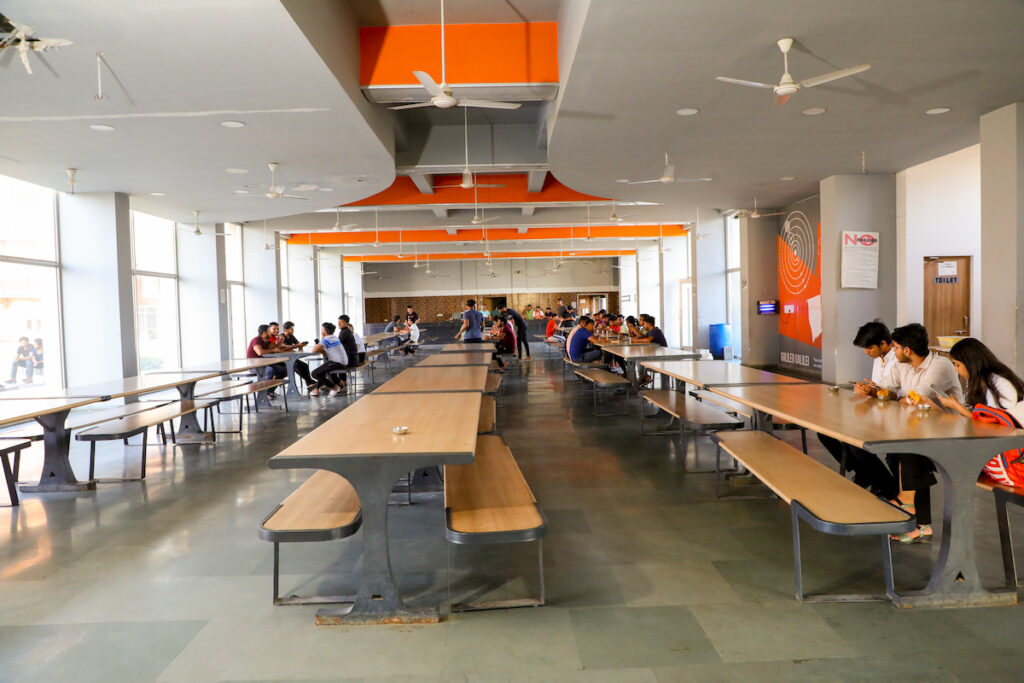
For graduates in Computer Science Engineering (CSE), several top companies across various sectors actively recruit computer science engineers for technical roles.
Here’s a list of some of the top recruiters known for hiring CSE graduates in India:
Top Tech Companies:
- Microsoft
- Amazon
- Apple
- Adobe
- Intel
- NVIDIA
- Cisco
- IBM
- Oracle
- Accenture Technology
- Capgemini
- TCS (Tata Consultancy Services)
- Infosys
- Wipro
- HCL Technologies
- Tech Mahindra
E-commerce and Internet Companies:
- Flipkart
- Amazon India
- Paytm
- Snapdeal
- Myntra
- Swiggy
- Zomato
- MakeMyTrip
- Ola
Financial Services and Banks:
- Goldman Sachs
- JP Morgan Chase
- Morgan Stanley
- Citibank
- HSBC
- Axis Bank
- ICICI Bank
- HDFC Bank
Consulting and IT Services:
- Deloitte
- PwC (PricewaterhouseCoopers)
- Ernst & Young (EY)
- Cognizant Technology Solutions
- Infosys Consulting
- Wipro Consulting
Startups and Emerging Companies:
- Flipkart
- Paytm
- Ola
- Zomato
- Swiggy
- Byju’s
- OYO
- PhonePe
- Unacademy
Salary Range for CSE Graduates
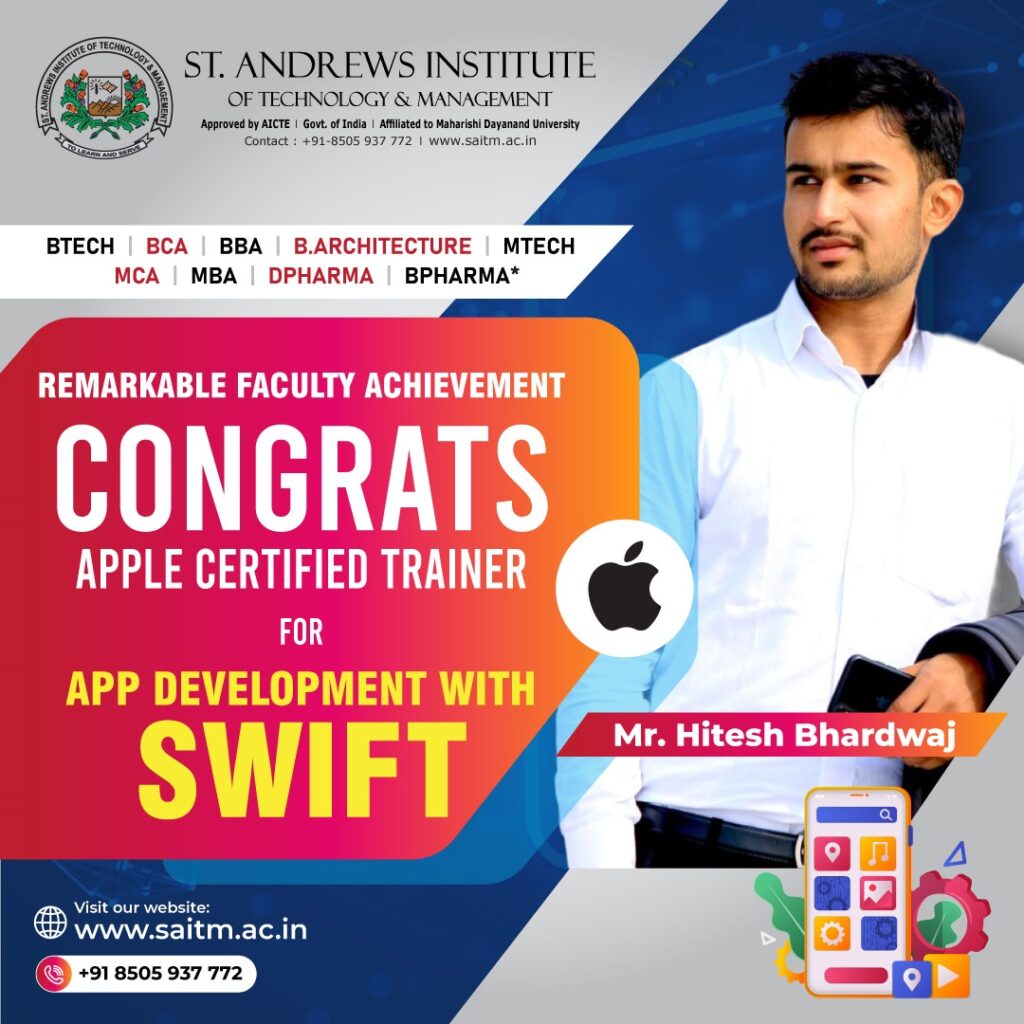
The salary range for Computer Science Engineering (CSE) graduates in India varies based on factors such as the employer, location, skills, experience, and industry.
Here’s a general overview of salary ranges at different career stages:
Freshers (0-2 years experience):
- Average Salary: ₹3.5 lakhs to ₹7 lakhs per annum
- Top Companies: Top IT companies, product companies, and startups often offer salaries towards the higher end of this range.
Mid-level (2-5 years experience):
- Average Salary: ₹7 lakhs to ₹15 lakhs per annum
- Top Companies: Established tech companies, multinational corporations (MNCs), and growing startups typically offer competitive salaries within this range.
Senior-level (5+ years experience):
- Average Salary: ₹15 lakhs to ₹30+ lakhs per annum
- Top Companies: Senior roles in top-tier companies, leadership positions in tech firms, and specialized roles in fields like AI, machine learning, and cybersecurity can command higher salaries.
Factors Affecting Salary:
- Skills and Specializations: Proficiency in in-demand technologies (like AI/ML, cloud computing, cybersecurity) often commands higher salaries.
- Location: Salaries tend to be higher in metro cities like Bengaluru, Mumbai, Delhi-NCR, and Hyderabad due to higher living costs and demand.
- Company Size and Reputation: Established MNCs and tech giants generally offer higher salaries compared to smaller firms and startups.
- Education and Certifications: Higher qualifications (like an MS or PhD) and relevant certifications can influence salary negotiations positively.
Additional Benefits:
Apart from base salaries, CSE graduates often receive additional benefits such as bonuses, stock options, health insurance, and other perks depending on the company policies and industry norms.
FAQs on Computer Science Engineering
What are the eligibility criteria for a CSE course?
The eligibility criteria vary slightly across institutions, but generally, you’ll need to have passed Class 12 exams from a recognized board with Physics, Mathematics, and Chemistry or Computer Science as mandatory subjects.
Are BSc. in Computer Science and BTech in Computer Science Engineering different?
Yes, BSc. in Computer Science and BTech Computer Science Engineering are different degrees with distinct focuses and career paths.
What are the subjects taught in Computer Science Engineering (CSE)?
Major topics included in any CSE undergraduate degree course are either offered as core subjects or as elective subjects. These CSE subjects cover a wide range of essential areas in computer science and engineering.
What are the top entrance exams for pursuing Computer Science Engineering course?
Most of the engineering colleges provide admission to courses purely on the basis of the rank scored in the entrance exams.
What are the specializations in Computer Science Engineering?
Computer science engineering offers a plethora of specializations, each catering to specific areas of interest and expertise.
What are subjects in CSE?
Computer Science and Engineering (CSE) covers a range of topics including programming, algorithms, data structures, computer networks, databases, and operating systems. CSE subjects also encompass software engineering, artificial intelligence, machine learning, cybersecurity, web development, cloud computing, and computer architecture.
These courses provide a solid foundation in both theoretical and practical aspects of computing, preparing students for diverse careers in technology.
Is CSE all about maths?
Computer Science and Engineering (CSE) involves more than just mathematics. While math is fundamental, covering areas like algorithms, data structures, and cryptography, CSE subjects also encompass programming, software development, computer networks, databases, artificial intelligence, machine learning, cybersecurity, and more. It’s a blend of theoretical knowledge and practical skills essential for solving complex computational problems.
Is CSE very difficult?
CSE (Computer Science Engineering) can be challenging due to its technical and theoretical nature. However, with dedication, consistent effort, and a genuine interest in CSE subjects, it becomes manageable and can lead to rewarding career opportunities.
How many subjects are there in BTech CSE?
The number of subjects in a B Tech Computer Science Engineering (CSE) program varies by institution, but typically includes around 40-50 subjects spread across eight semesters. These CSE subjects cover core computer science topics, mathematics, engineering fundamentals, and electives.
Is B Tech CSE easy?
B Tech CSE can be challenging due to its technical and theoretical components, requiring a strong foundation in mathematics and programming. However, with consistent effort, interest, and effective study habits, many students find it manageable and rewarding, leading to diverse and lucrative career opportunities.
Is BTech cse difficult?
BTech CSE can be demanding due to its rigorous coursework in programming, algorithms, and theoretical computer science. The CSE subjects require a solid foundation in mathematics and problem-solving skills. However, with dedication, effective study habits, and a genuine interest in the field, many students find it manageable and rewarding, leading to promising career opportunities.
What is the subject of CSE?
The B Tech Computer Science syllabus typically includes programming languages (such as C, C++, Java, Python), data structures and algorithms, database management systems, operating systems, computer networks, software engineering, theory of computation, artificial intelligence, and machine learning. Additionally, it covers web development, mobile computing, computer architecture, discrete mathematics, digital logic design, cyber security, cloud computing, big data analytics, human-computer interaction, compiler design, and computer graphics. These CSE subjects provide a comprehensive foundation in both theoretical and practical aspects of computer science.

